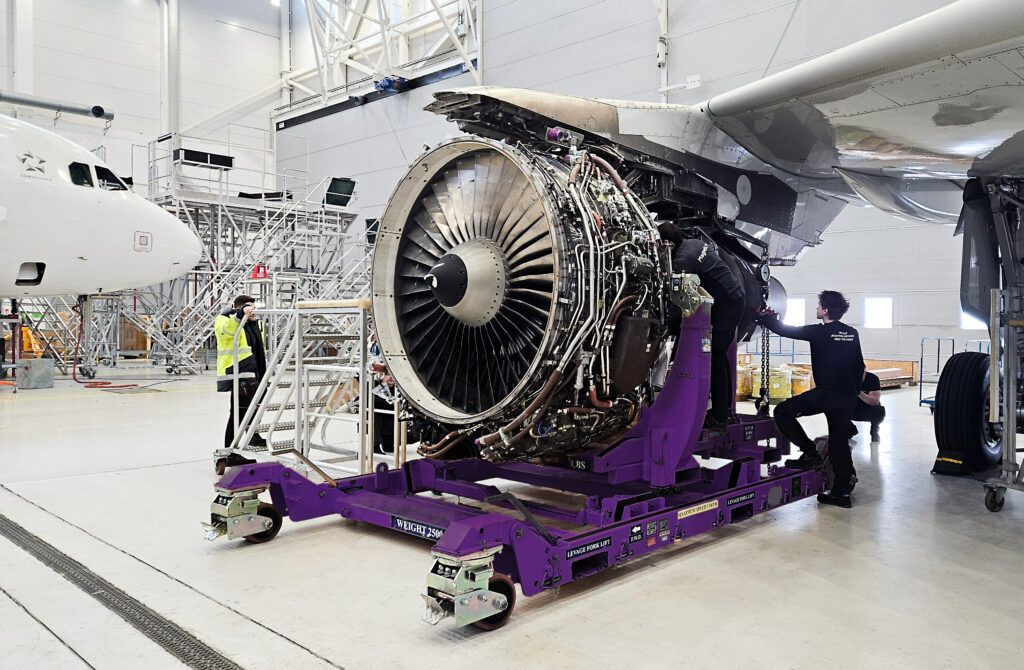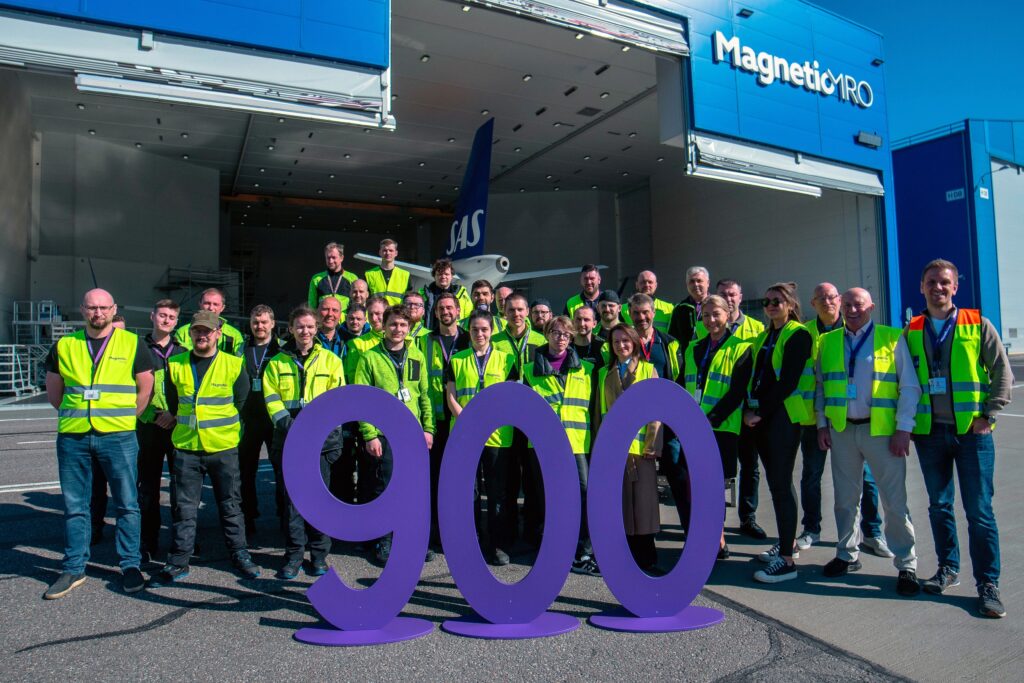Magnetic Group CEO: From Reviewing 2022 to What 2023 Has in Store

The new year kicked off with a half-year performance and market review led by the CEO of Magnetic Group, Risto Mäeots. With solid market recovery indicators leading on a positive note, Risto also shares his insights into the company’s state and aviation industry as a whole. And yet, some major disruptors, including inflation, geopolitical instability, supply chain disturbance, and labor shortages, look as if they are here to stay throughout 2023.
Let’s reflect on 2022 - what were some of the highlights?
On a company level, we exceeded our financial targets by 21% and reached nearly a 40% recovery rate. With that said, not everything is as straightforward. Like most aviation companies, and not only, the impact of inflation was strongly felt across the board.
Despite the current economic circumstances, energy costs, geopolitical instability, labor and supply shortages, during the last quarter of 2022, aviation experienced a traffic increase reaching around 70%, and resulting in 4.7 billion profit industry-wise.
This lays the foundation for a promising year compared to 2020, when the annual loss amounted to 138 billion, leading to a substantial industry-wide recovery. However, we can also expect the unexpected due to external circumstances, making 2023 a dynamic and unpredictable year.
What is 2023 likely to bring?
The travel demand is no longer a concern nor a limitation to the recovery. Instead, the main issue is the ability to put capacity into the air. The driving force behind why we've seen a similar level of traffic now to 2019 is the Chinese market opening like it had prior to Covid. So in 2023, the borders of China will remain fully open.
Despite the increase in demand, capacity remains an issue and goes hand in hand with shortages in supply and the lack of staff. Moreover, as most employees were let go of aviation and have integrated into other industries, replacing them is a complex process, and training takes time.
But almost all challenges can be turned into opportunities. For example, we've implemented using SkySelect service, which is an AI-based solution, helping us optimize workflows and uncover new demands, and allowing us to scale.
Since the market has become more dynamic than ever, trading and back-to-back buying and selling are making a strong comeback. They are back because of a supply issue as airlines are prudent and want to use and maximize whatever they can. Naturally, they tend to look for providers selling parts as most OEMs are behind in production.
So, manufacturers continue to struggle with production ramp-ups, delaying delivery rate targets by a year. Whereas recovery of demand has been exponential, and the past three years of ‘aviation stoppage’ has caused a shortage of supply.
For the above reasons, the ability to source, and do it quickly will be crucial. Moreover, in 2023, cash remains king, and most companies don't have enough of it, so they are likely to highly prioritize raising it.
Are there any specific trends that have been seen so far?
With the delays in supply and slower turnaround rates, lots of aircraft were ordered, but the OEMs are behind, so the new aircraft cannot be delivered at the usual rate. This results in older aircraft flying, which requires parts, making it both a challenge and an opportunity. But again, these aircraft types have particular issues, whether it's costly window frame or wing corrosion repairs on a Airbus 320, which need adequate and custom solutions.
What are some of the reasons behind the drop in Cargo?
It was thought cargo airlines would continue booming, which was the experience during COVID. But that is no longer the case as they experienced an unexpected drop. The primary reason is that during COVID, everyone was ordering online, and the demand was incredibly high. However, since online shopping has stabilized, that has consequently affected cargo airlines in the form of a sharp decline.
In terms of the Magnetic Group, what are some of the priorities for the coming 12 months?
We are prioritizing our further business expansion into new geographic areas and strengthening our presence in the current ones, such as Miami and Kuala Lumpur. Also, due to economic circumstances, we’re being more cost-savvy and planning to increase our pricing. Consequently, this year is about turning challenges into opportunities, requiring to be lean, agile and learning to navigate and adjust to these global, pressing issues more than ever before.















